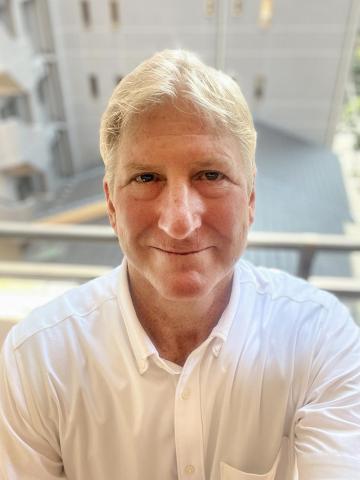Issue:

Dear members,
Mindfulness is a necessity in the face of grinding layoffs and publication closures across the journalism industry. The words “stunned” and “historic” appeared in coverage of a slew of bad media news stories earlier this month, including the closure of Sports Illustrated magazine and the Los Angeles Times’ decision to lay off 20% of its workforce. Business Insider, Forbes and National Geographic have piled on the misery, shedding journalists and retrenching in recent weeks.
While the industry has been contracting for decades, the ruthless disruption caused by digitalization is gathering pace. All of us must have friends and former colleagues who have given up on journalism. Many put their skills on the open market and find the only reasonable bidders are banks, the public relations departments of big corporations or, perhaps, foundations.
The upshot for the FCCJ is clear: declining membership and tighter expense accounts for entertaining sources. These are hard times. But with a bit of mindfulness, we can still see them as better times.
The longing for a return to overseas journalism’s rosier past has become as much a part of the club experience as the Correspondents’ Lunch or Georges Baumgartner’s presence in the library. So, it is with some trepidation that I confess to resisting such nostalgia.
Being mindful, in this sense, means understanding and living in the moment. The past is gone and the future looms. What matters most is what’s happening now. And what really matters most now for journalists is that there are powerful technologies they can use to tell and distribute stories better and faster than ever before.
Job security is largely a thing of the past, but the opportunity to do journalism that’s more factual, better researched and delivered faster is charging ahead.
Being here now, in the best sense, means seizing all of the journalism opportunities digitalization provides.
Consider research. In the past, big news organizations maintained vast troves of clippings, libraries and reference materials. Even the best of those now seem quaint, relative to what is available online for free or for a modest charge.
Gathering the right sources, one of the toughest and most important parts of a journalist’s job, is now much easier and much more likely to be thorough. Proximity, personal preferences and affiliations once defined access to sources. But today, social media provide an open window to newsmakers around the world. Getting real sources to speak is still a challenge that requires skill and persistence. But the amount of time it takes has collapsed, and the breadth of possible success has blossomed. The result is better sourcing, a key driver of better journalism.
Some of the glory of being a foreign correspondent “back in the day” came with our role as gatekeeper. People who wanted your attention would go to huge lengths to get it. Most of the gatekeepers are long gone, and the gate itself has been destroyed. In the new information economy, influence is usually earned directly by attracting readers or viewers. The world of crap content that has emerged in its wake is disappointing. Yet it is clear that the world is better off without the old influence economy of fabulous junkets, dinners and access politics.
To be sure, most of the very best journalism benefits from institutional support. It is still well worth backing the traditional institutions of the trade from major newspapers to magazines, radio and TV News. But it is still a contracting model. The growth, and excitement, is in digital media, from websites to apps to data-driven journalism tools that can help figure out what readers really want and need.
We are always trying to catch up here at the club. We know we need to be more useful to members and, in most cases, that means offering more utility in the digital world. We used to be a hub amid the spokes of an information economy. Now, we are just one node, but we are still part of a network that works best when we are chasing the future instead of the past.
Dave McCombs
President, FCCJ

